Let me show you how to make the most perfect soft-boiled egg that's easy, foolproof, & completely uncomplicated. Needless to say, your eggs will come out just-right every single time with this BEST soft-boiled egg recipe.
If you Google it, you'll find approximately 25 million results for something so simple and easy as how to soft-boil an egg. Why does it need to be this complicated? Well, honestly, it does NOT. Let's do away with all the muss and fuss of water temperature, egg temperature, egg size, steaming, simmering and all the other experimental complications of it all. We don't need to do any of that. Let's just go back to how it should be--SIMPLE.
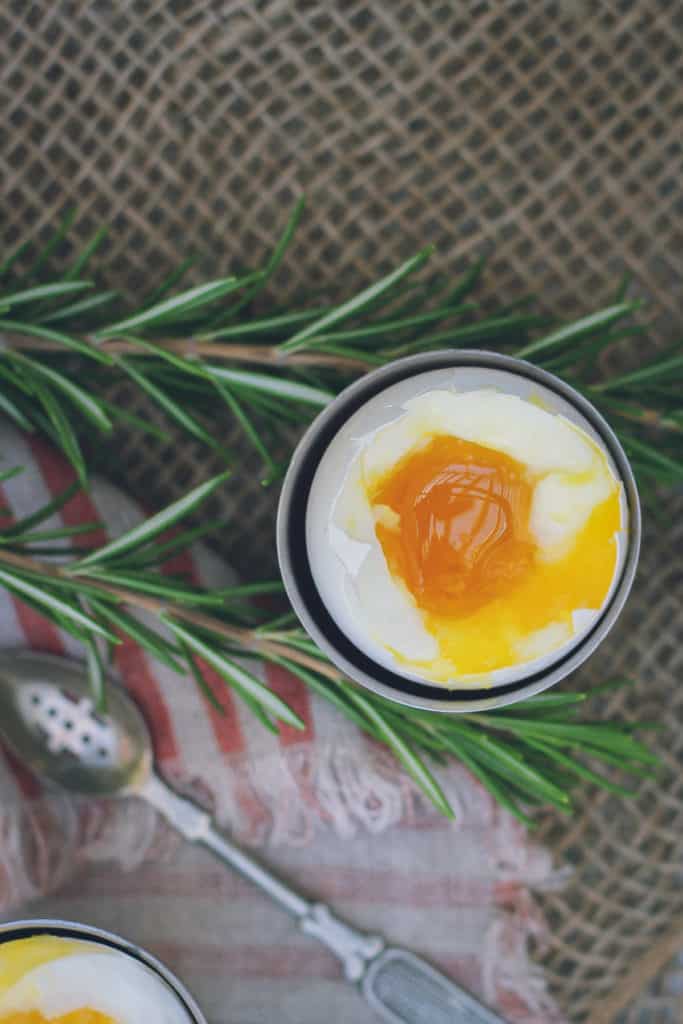
Let me show you how to make the perfect soft-boiled egg that's easy, foolproof, completely uncomplicated, and comes out just-right every single time.
What's the best kind of egg to use?
Technically, you can use whatever kind of chicken egg you want because you'll get perfectly soft-boiled eggs every time. However, if you want eggs that are going to be the best for your health and give you their full potential of nutrients, you need to get organic, pastured eggs. Organic is important because conventional grain that is fed to chickens contains pesticides that are meant to kill living organisms. Therefore it can't be assumed by any stretch of the imagination that pesticides won't affect or harm us. The question isn't if they can affect us at all--rather, it's HOW MUCH are we affected by these pesticides in our food such as those in chicken feed?

Also, I highly recommend pastured eggs (as opposed to free-range, cage-free, or conventional eggs) because these chickens that are in the pasture are happier and healthier chickens with better quality, more nutritious eggs. These chickens aren't in crates in a warehouse, with little to no access to the fresh outdoors. Pastured chickens get to go eat worms and bugs (which is their natural, healthy diet) and whatever else they find interesting to peck at. If you have your own chickens and you feed them your leftover food scraps, that's ideal. I'd love to have some chickens out back that eat whatever they find in the dirt as well as our food scraps. But until then, I'll only be buying pastured, organic eggs. Highly, highly recommend.
What's the BEST WAY to soft-boil an egg?
You're looking for the easiest way to soft-boil an egg that gives you that perfectly set egg white and soft-runny golden yolk every time. So let's keep it uncomplicated and delicious.

First, grab a pot and pour water into it. You'll want to make sure there's enough water in the pot to cover the eggs you'll be placing into it.
Next, boil the pot of water and once it's reached a rolling boil, turn it allllll the way down to low and carefully add the eggs. Just be careful not to crowd the eggs for the size pot you're using.
Immediately turn up the heat back to high and let them go for 6 ½ minutes.
After the time is up, take the eggs out and either run cold water over them or put them into a bowl of cold water to prevent them from cooking any longer and to make peeling easier. As soon as they're cool enough to handle, remove them from the water and peel before eating with a nice pinch of salt and maybe a touch of butter.
See how simple and easy that is? No fuss and they come out perfectly every time.
Just as easy and foolproof as this recipe, you might be interested in making BEST hard-boiled eggs!
And if you want to learn how to make the best scrambled eggs of your entire life (which are freakishly simple to make too by the way--as eggs should be and deserve to be) then click here. And to learn how to up your sunny-side up game, make my sincerely beloved fried eggs with caramelized onions and charred tomatoes.
And make sure you go on over to my YouTube channel and subscribe so you can see how I make all my recipes and so you can make them alongside me too!

Recipe

PERFECT SOFT-BOILED EGGS---Simple and Foolproof - VIDEO!!
Ingredients
- 1 egg (but you can use however many eggs you want)
Instructions
- Boil a pot of water over high heat and at the same time, take your egg(s) out of the refrigerator. (Make sure that the pot will provide more than enough room for the number of eggs you'll be soft-boiling. You just don't want to crowd the eggs so that they can cook properly.)
- Once the water has boiled, bring the heat down to low and slowly add your egg(s) with a spoon so that they don't crack and then quickly bump up the heat back to high.
- Allow egg(s) to cook for 6 ½ minutes then add them to a bowl of ice-cold water so that the cooking process stops and so that they are easier to peel as well.
- Just as soon as they're cool enough to handle, peel the top ⅓ of the egg and use a spoon to eat it. Top with a small pinch of sea salt before each bite and eat alongside fresh buttered bread. Enjoy!
- ~~If you enjoyed this recipe, please rate it below and subscribe to my YouTube channel for more videos!~~
Video
Nutrition
Sources:
https://jamanetwork.com/journals/jamainternalmedicine/fullarticle/2707948
https://www.ncbi.nlm.nih.gov/pubmed/21673178
https://www.ncbi.nlm.nih.gov/pubmed/23775487

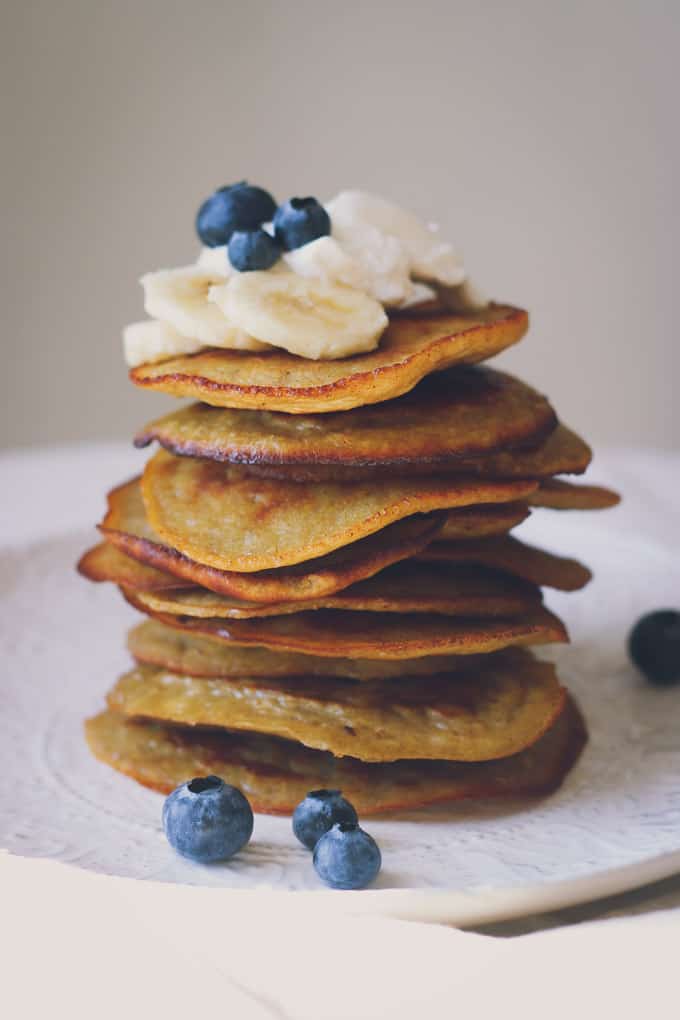
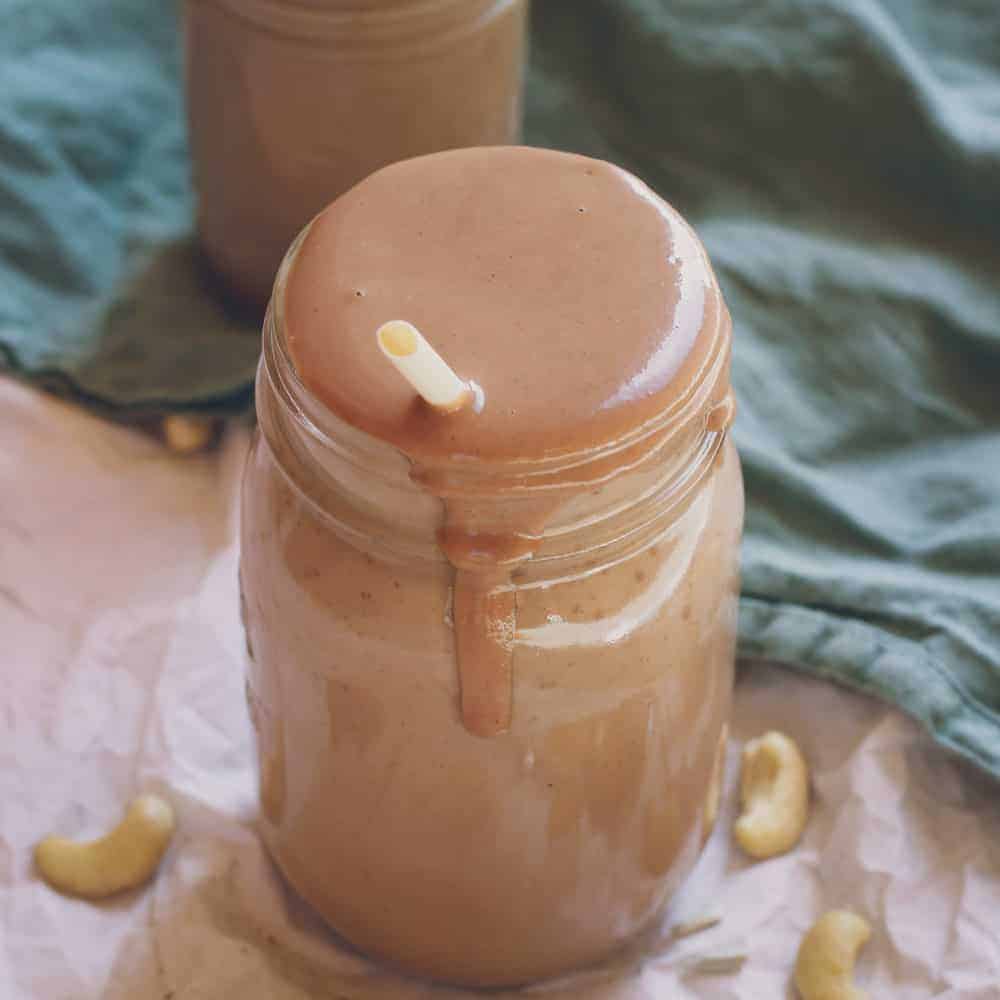
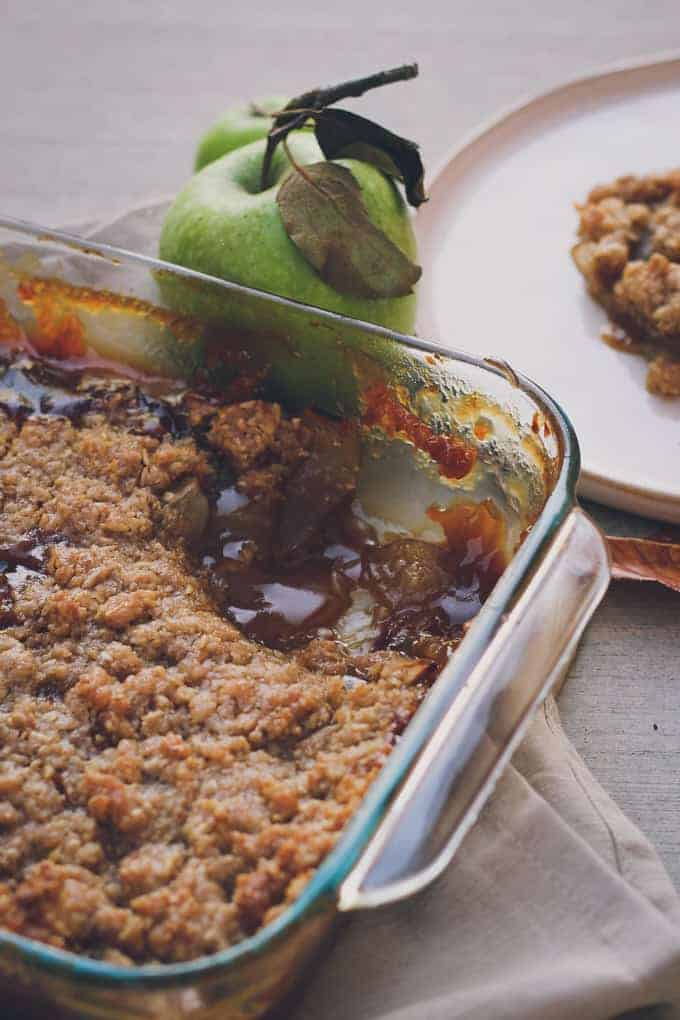

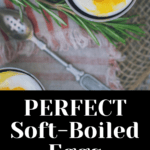
Becky says
Finally I'll know how to make these correctly! Thank you Honest and Tasty!
honestandtasty says
Aw yay!! You're so, so welcome! Enjoy!!
Margaret says
This really simplifies it for me and I love the recommendation for what kind of egg too. Thanks a ton!
honestandtasty says
You're so very welcome! Thanks for your comment!!
Matt says
My favorite breakfast! Thank you for this!! So easy!
honestandtasty says
Mine too! You're SO welcome!
Lisa says
How can I do it on a electric hob where I can't quickly bump the heat back up ?
Jon says
If you have an instantpot its also easy to guarantee perfect results every time too. Depending on your preference for softness once you have the right timing it can be repeated and work for any amount of eggs.
Carl says
Eggs are not all the same size. If they are all in the water for the same time, small eggs will be hard boiled, very large eggs will still have 'snot'.